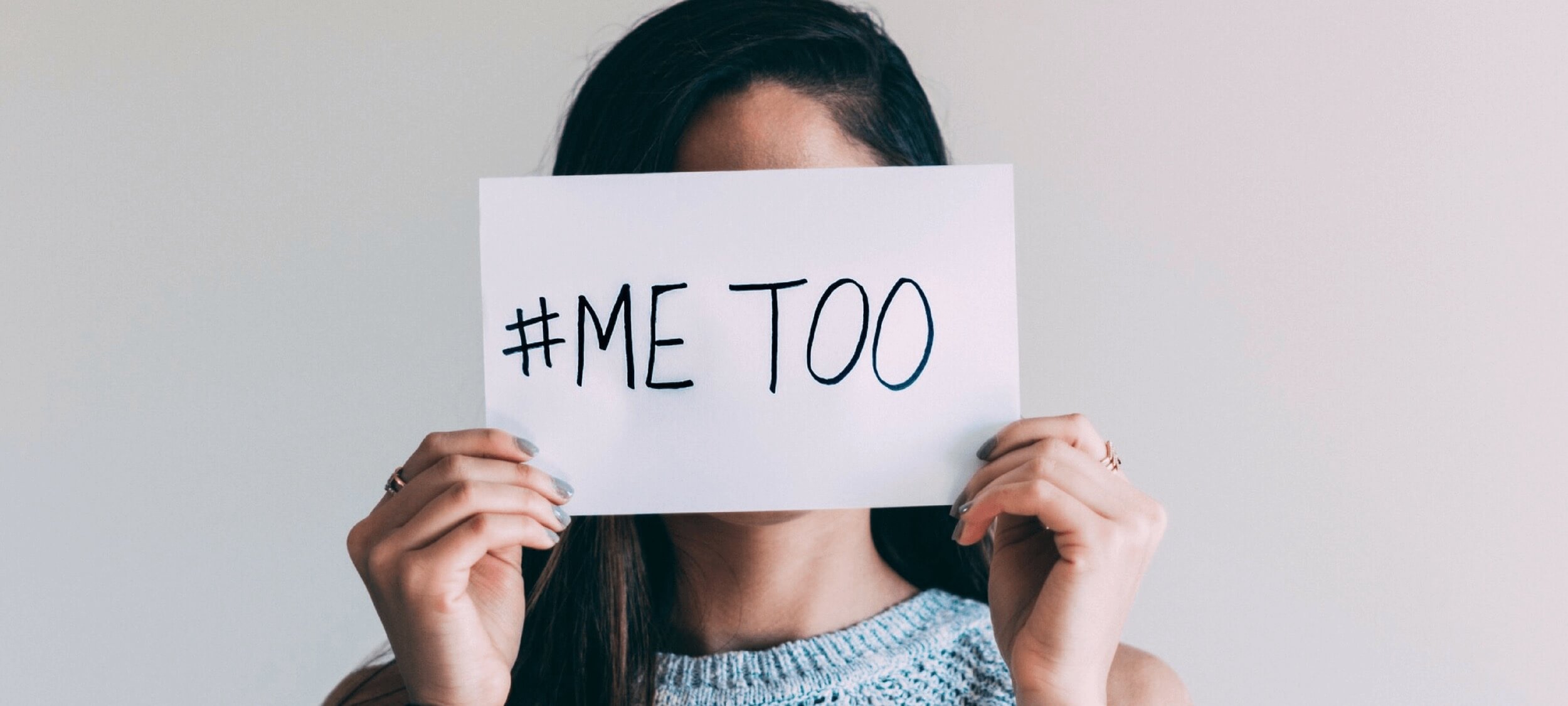
Unconscious bias: we’re blind to our own prejudice
Opinion + AnalysisBusiness + LeadershipRelationships
BY Jack Hume The Ethics Centre 28 SEP 2016
For the most part, we respect our colleagues and probably wouldn’t ever label them ‘sexist’ and certainly not ‘racist’. But gender and ethnic diversity in workplaces shows something is amiss.
Women fare worse than men across most measures of workforce equity. The Australian Government’s Gender Equality Agency report notes women who work full-time earn 16 percent less per week than men, constitute 14 percent of chair positions, 24 percent of directorships and 15 percent of CEO positions.
Women lose at both ends of the career lifecycle. Their average graduate salaries are 9 percent less than their male equivalents’ and their average superannuation balances 53 percent less.
Sociology, psychology and gender and cultural studies have all weighed in on the multiple causes of these inequalities, with much of the conversation converging around the role of ‘unconscious bias’ in decision-making.
Applicants with Indigenous, Chinese, Italian and Middle Eastern sounding names were seen to be systematically less likely to get callbacks than those with Anglo-Saxon names.
Studies in which people are asked to evaluate the capabilities and aptitudes of a job candidate show effects of implicit biases on job assessment. In a study mimicking hiring procedures for math related jobs, male candidates fared so much better than women that lower-performing males were chosen over better female candidates.
Similar effects have been seen with regard to race. In Australia, applicants with Indigenous, Chinese, Italian and Middle Eastern sounding names were less likely to get callbacks than those with Anglo-Saxon sounding names.
When biases become socially reinforced, individuals can come to see them as ‘reality’. Studies have shown women tend to believe they are worse at math than men and this belief has a negative impact on their performance.
In one study, a group of women were asked their gender prior to math tests and performed worse than the group who weren’t asked to disclose it. This phenomenon is called the ‘stereotype threat’ and it extends to racial beliefs. Two decades ago, a landmark study found that asking students of colour to identify their ethnicity prior to a test resulted in a substantially poorer grade.
This evidence suggests human resource departments might consider adopting hiring procedures that don’t require race, gender or even an applicant’s name be stated. Of course, at some point, the candidate will need a face-to-face interview, so this isn’t a perfect solution to bias- but it does reduce its influence.
Volunteering to learn more about diversity signifies a more general willingness to open organisational culture to people from different backgrounds.
Alongside systematic and procedural changes, we can help cultivate organisational willingness to combat inequality through diversity training. These training programs rose to prominence around a decade ago as a result of a wave of lawsuits against major US companies. However, as Frank Dobbin and Alexandra Kalev explained in an article for the Harvard Business Review, they were dazzlingly unsuccessful — resulting in negative outcomes for Asians and Black women, whose representation dropped an average of five and nine percent, respectively.
Dobbin and Kalev suggest the major reason these programs failed is probably because they were usually mandatory. This suggests they were motivated more by risk aversion — ‘discriminate and you’ll be fired’ — than a genuinely held belief diversity is valuable. It’s not surprising systematic change didn’t occur under such conditions.
At the same time, companies who used voluntary diversity programs saw increases in black, Asian and Hispanic representation – even as the average was decreasing nationwide. Volunteering is most likely motivated by a belief that diversity is genuinely valuable — factors that seem far more effective in influencing workplace diversity, perhaps because they are genuine.
Science is yet to tell us whether we can actually reduce biases let alone erase them altogether. All the same, we can begin to mend workplace inequalities by actively engaging peoples’ will to change.
Ethics in your inbox.
Get the latest inspiration, intelligence, events & more.
By signing up you agree to our privacy policy
You might be interested in…
Opinion + Analysis
Relationships
Israel Folau: appeals to conscience cut both ways
Opinion + Analysis
Politics + Human Rights, Relationships
Calling out for justice
Opinion + Analysis
Business + Leadership
How avoiding shadow values can help change your organisational culture
Explainer
Relationships




